PLEASE NOTE: Any tickets purchased for the original cancelled event will still be valid for this new date.
“I dug myself out from the well to make Closeness a record about love”, professes Devin Tuel, from the Eastern Pennsylvania home she shares with her partner, Stephen Harms. Together the two make up the folk-rock outfit, Native Harrow. “When I sat down to begin what would become Closeness I felt that above all, I wanted to make it clear that, while the clock is moving, we can hold onto one another and maybe there will be tears but there will also be laughter.”
Closeness, the fourth LP from Native Harrow, exists at the intersection of two winding roads; time and motion.
Today, the band is reflecting on not only this new record but how now, months after its recording wrapped, it feels ever prescient. Tuel takes us back to when she was writing the album and the early days of Closeness’ conception, “For this record, I really wanted to tell stories. Our stories from the last two years, from the weeks leading up to recording, tales from other lifetimes, and stories from where I fear this world is heading.”
When it came time to record the songs, the band decamped to Reliable Recorders in Chicago, IL to once again work with drummer and engineer, Alex Hall. The 10 tracks of Closeness were recorded over two sessions; three December days in the dying light of 2019 and the first three new days of January 2020. Similar to the process of making Happier Now, the sessions were firstly focused on documenting trio performances that captured Tuel’s master vocal takes live in the room, guitar in hand, with Harms on bass and Hall on drums.
Closeness elaborates on the group’s radiant warmth and timeless nostalgia with the inclusion of new sounds and experiences. The combustible fuzz-driven opener “Shake” gives way to slices of 70s FM groove (“The Dying of Ages” and the desert funk of “If I Could”), 60s art-pop (“Even Peace” and the expansive orchestral “Sun Queen”), and the kind of graceful folk (“Smoke Burns”) and folk-soul (the compassionate conviction of “Carry On”) the band is best known for. The intricate polyrhythms and grinding Moog synthesizer (“Same Every Time”), the fully realized vintage jazz combo (“Turn Turn”), and the exquisite piano ballad (the penultimate “Feeling Blue”) provide glimpses down previously unexplored streets and find the band stretching out and confidently illuminating their expansive aspiration.
SUPPORT: JASON MCNIFF
Songwriter and fingerstyle guitarist, Jason McNiff released his 7th full length album, Dust Of Yesterday, in April this year. Musically, Jason is influenced by the British acoustic guitarists (Jansch, Graham, Wizz Jones) and the great folk/rock troubadours of the 60s and 70s. For McNiff, the lyrics are central, and he has been especially captivated by those considered poets and writers as well as musicians. Produced and engineered by Roger Askew (Joe Strummer, Wilko Johnson, Christy Moore), this latest album features McNiff's signature acoustic guitar work throughout with significant contributions from Beth Porter (of Eliza Carthy's band) on cello and Basia Bartz (Dana Immanuel, Rob Corcoran) on violin. This follows a string of albums on various labels, including 2003's Nobody's Son (Americana UK album of the year) and 2011's April Cruel (nominated for best alt-country album at the Independent Music Awards in the US.). He recently moved to Hastings in Sussex where he runs the popular Sundowner music event. Since March 2020 he has taken this online and is, at the time of writing, on show No.42!
